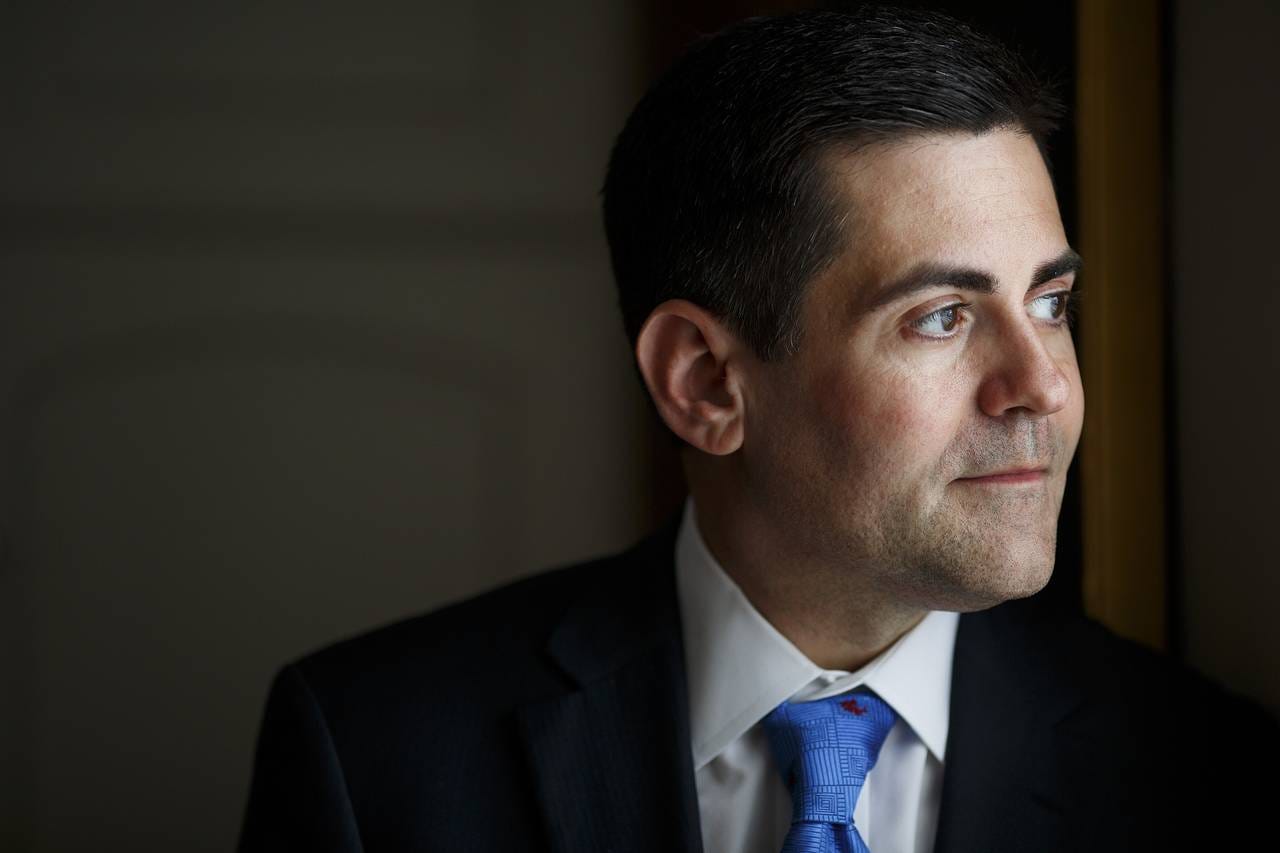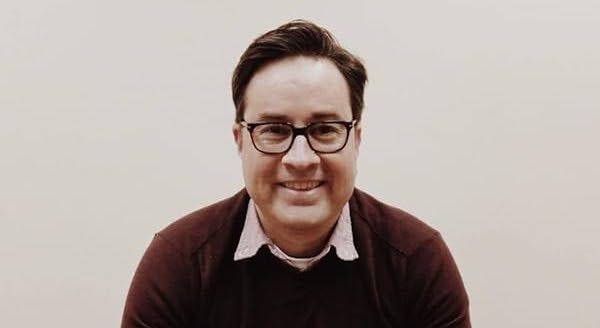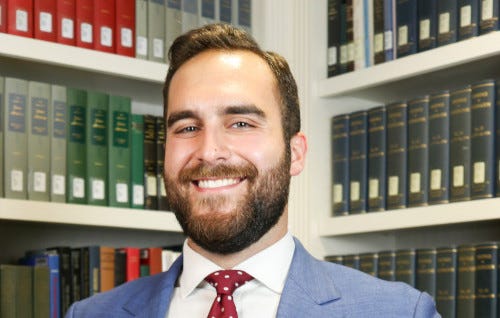Custom made
FreeCons explain how culture shapes politics — and vice versa
Although most Freedom Conservatives are involved in fashioning, debating, or litigating public policies, our purpose isn’t to make government the central institution of society. Far from it.
“Most individuals are happiest,” we wrote in the FreeCon Statement of Principles, “in loving families and within stable and prosperous communities in which parents are free to engage in meaningful work, and to raise and educate their children according to their values.”
In other section of the statement, we observed that “much of the discord in America today comes from the fact that too many decisions are made for us by centralized authorities.”
Families, religious congregations, commercial and civic associations, local communities — these are the social institutions that matter most.
When strong and healthy, they have made and will continue to make America great. When they are damaged, diminished, or supplanted, the results can be disastrous.
Today we feature four FreeCons who’ve recently explored the relationships between culture, custom, community, and politics.
Diss tracks
Russell Moore is Editor in Chief of Christianity Today and is the author of Losing Our Religion: An Altar Call for Evangelical America. He is also a FreeCon signatory.
An ordained Baptist minister, Moore served previously as President of the Southern Baptist Convention’s Ethics and Religious Liberty Commission and, before that, as the chief academic officer and dean of the Southern Baptist Theological Seminary, where he also taught theology and ethics.
Moore was a Fellow at the University of Chicago’s Institute of Politics and currently serves on the board of the Becket Law and as a Senior Fellow with the Trinity Forum.
Beginning a recent Christianity Today column by discussing the much-publicized battle of insults between rappers Drake and Kendrick Lamar, Moore deplored the wider phenomenon of “diss tracks” taking the place of real debate and conversation.
“Artist rivalries are one thing — competing fandoms usually don’t hurt anybody,” he wrote. “The stakes are higher, though, for a neighborhood, for a nation, for a church.”
“A people who lose truth turn to theater. A people who have given up on mission entertain themselves with feuds. A people who forget how to sing the songs of the redeemed can find that all that’s left are the diss tracks of the enraged.”
Unwritten rules
Christian Schneider is a National Review contributor and writes the Anti-Knowledge newsletter. He is also co-host of the podcast Wasn't That Special: 50 Years of SNL and a FreeCon signatory.
Director of editorial services at the Cato Institute, Schneider previously served as a reporter for The College Fix, a policy analyst for the Wisconsin legislature, and a columnist for USA Today and the Milwaukee Journal Sentinel.
In a recent piece for National Review Online, he described the way online data collection and algorithms are changing our interactions and identities.
“The internet makes viewing a two-way street; somebody, somewhere always knows what you’re watching and for how long,” Schneider wrote. “And with the corporate move toward social justice, it is only a matter of time before your streaming services begin chiding you for watching the wrong things.”
The implications for privacy are profound. “It is now barely possible to go about one’s life without someone, somewhere, keeping track of our activities and choices. We have become our browser histories.”
In another NRO piece, Schneider discussed the effects of Donald Trump’s behavior on the “unwritten rules that lubricate the political and social machine.”
“Much of elections and lawmaking is based on tradition and custom,” he wrote. “Yet the government can’t rely on the honor system when many of our leaders are so thoroughly dishonorable.”
Boomer prism
Tim Rice is senior editor of the Washington Free Beacon and a FreeCon signatory.
Previously, he was senior editor at Keybridge Communications and deputy director of health policy at the Manhattan Institute. His writing has appeared in the Wall Street Journal, Washington Examiner, and City Journal, among others.
In a recent Washington Examiner review of the Apple TV+ series For All Mankind, Rice argued that its take on alternate history — which begins with the Soviets beating the Americans to the moon — reflects an unrealistic take on human action and politics.
“The notable thing about this type of thinking is not the better worlds it imagines but the ease with which it assumes we could have realized them,” he wrote.
“We didn’t need a lot of big things to go very differently for the world to be better, just for a few things to go slightly differently. A few votes in the other direction, a slight delay in the moon landing, and we’d have a hotel on the Sea of Tranquility.”
The view is commonplace among Boomers who never outgrew their pretense of generational exceptionalism.
“The ’60s were a decade like any other, the boomers just another generation,” Rice argued. “They did some things well (Creedence Clearwater Revival) and others less than well (macroeconomics).”
“Nonetheless, whether we valorize or ridicule them, the boomers remain the prism through which we view the country. So long as they do, American politics will be captured by this mythological notion of fulfilling the promise of a bygone age, to the detriment of present realities and future hopes.“
Vibrant culture of giving
Jack Salmon is the director of policy research at Philanthropy Roundtable and a FreeCon signatory.
Salmon’s research and commentary have been featured in a variety of outlets, including The Hill, Business Insider, RealClearPolicy, and National Review.
Prior to joining the Roundtable, he served as program manager and researcher at the Mercatus Center at George Mason University, where he oversaw policy relating to budgets, taxation, institutions, and economic growth.
In a recent research paper, Salmon warned that proposals to increase the minimum payout required of charitable foundations would reduce their ability to build and sustain key institutions of civil society.
“These foundations play a crucial role in supporting a wide range of social and environmental initiatives, fostering innovation, and addressing pressing societal challenges,” he wrote.
The current annual minimum distribution of 5% of the fair-market value of philanthropic assets represents “a carefully considered balance between two competing interests,” Salmon wrote.
On the one hand, it’s essential that foundations use their resources to serve public needs. On the other, their leaders ought to be able to plan for the future and ensure the long-term effectiveness of their work.
“The United States has a vibrant philanthropic landscape,” he argued, but ill-considered public policies could “stifle” it.
In the mix
Today we initiate a new section of the Freedom Conservatism newsletter: a roundup of media appearances by FreeCon signatories and allies discussing hotly debated topics.
• In Reason, Stephen Kent opposes a federal ban social-media use by minors. “There are alternatives out there that are better than co-parenting with Congress,” says Kent, media director for the Consumer Choice Center.
• In the Washington Examiner, Tiana Lowe Doescher reports that the Biden administration wants to “raid the Disability Insurance Trust Fund to stave off the impending bankruptcy of Social Security’s retirement program by another two years.”
• In the Los Angeles Times, Jonah Goldberg rebuts comparisons between Jim Crow-era protests for civil rights and this spring’s “ugly riots” and “mass tantrums” on campuses.
• On his podcast Econception, National Review’s Dominic Pino points out that if a “tariff protects, it doesn’t raise revenue, and if it raises revenue, it doesn’t protect.”
• At AIER, Texas Tech economist Alex Salter says it’s “too early” for the Fed to cut interest rates and “there appears to be little need to raise them.”




